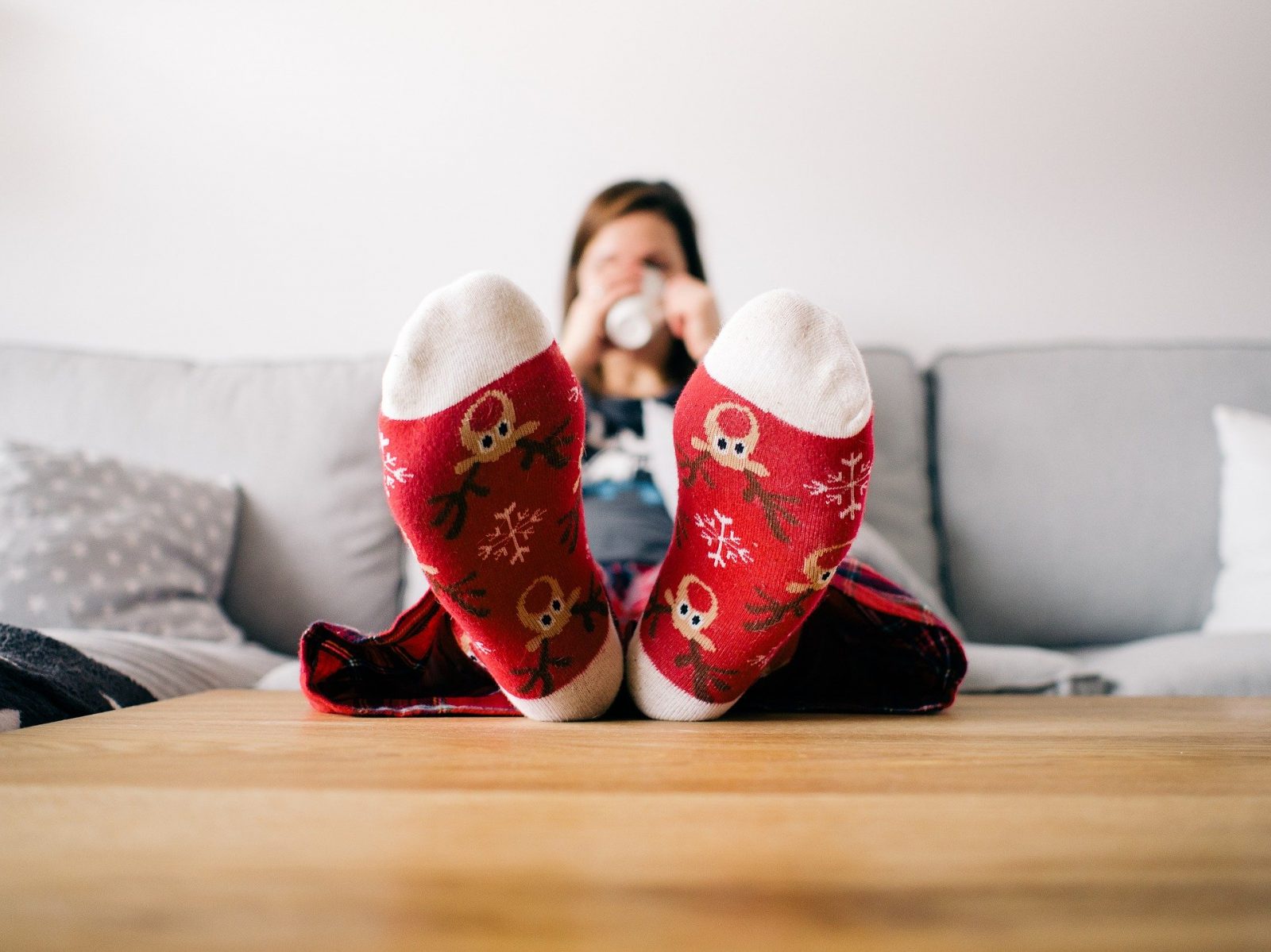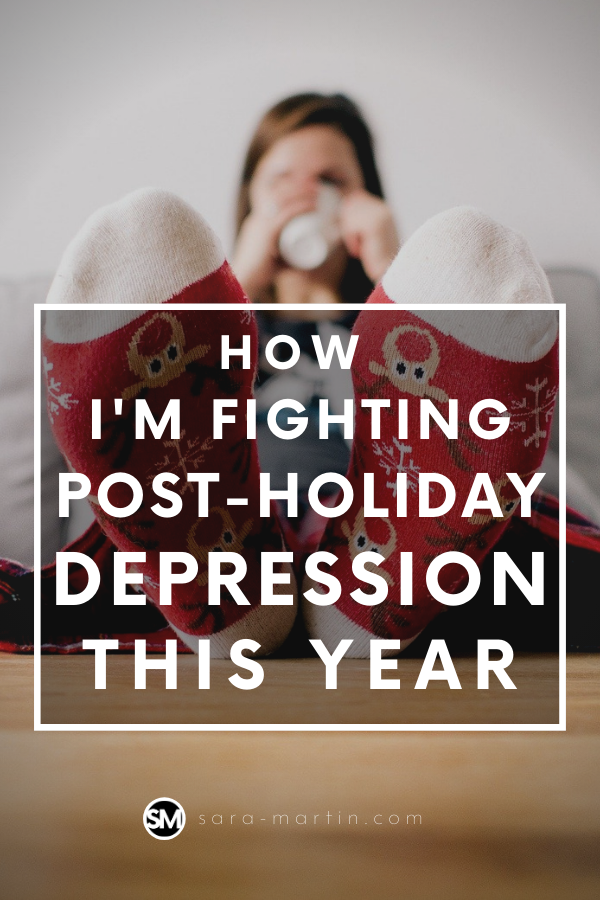With Thanksgiving less than a week away, the “most wonderful time of the year” is almost full-blown here. As the world has already ushered in this season of joy and gift-giving, my brain is switching into panic mode.
Despite the holiday season being my favorite time of year, it comes with a cost: post-holiday depression. I have a tendency to become so immersed in all the planning, shopping, baking, music, movies, and festivities of Christmastime that when it’s all over in a matter of 24 hours, my mental health takes a massive hit.
For the past 10 years, I’ve struggled with depression and lacking a sense of purpose in life. As daily routines this time of year begin to increasingly revolve around holiday preparations, I revel in the surge of purpose the holiday season gives me. The problem? It’s temporary. Come December 26, that boost of purpose is gone and I’m left trying to cope with the void it left behind.
This year, I’ve decided it’s time to start actively protecting my mental health against post-holiday depression. Here’s the action plan I’ve come up with (feel free to tweak, add to, and use these ideas yourself).
1. Set up limits.
Some people put up their tree and turn on Christmas music the day after Halloween; to my brain, that would be a recipe for disaster. Instead, I’ll be proactively placing limits to protect my mental health, like reducing the length of time decorations are up, listening to other genres of music, and picking just a few favorite holiday movies to watch this season.
2. Prioritize exercise.
Studies strongly suggest exercising can help fend off and reduce depression, which is why I’ll be making an extra effort to fit exercise into my weekly schedule. It’s also been shown that exercise is a natural stress-reliever, which makes prioritizing physical activity around the holidays an even more worthwhile goal.
3. Tell someone when I feel depressed.
The times depression has the most power over me is when I try to deal with it alone. That’s why I’ve committed to telling a trusted family member any time I experience depressive thoughts or feelings in the weeks ahead. While it doesn’t cure depression, having a support system is one major way to cope with it.
4. Work toward long-term goals.
It’s so easy for me to put “normal” life on hold around Christmastime only to find it incredibly difficult to pick life back up again come the start of the new year. Rather than letting shopping and get-togethers consume my schedule, I’m going to carve out time to intentionally work on my other long-term goals. By staying connected to my regular projects, I’ll be setting myself up for a smoother transition back into everyday life post-holiday hustle.
If you deal with post-holiday depression, know that it is real thing and that you’re not alone. Whatever it is about this time of year that triggers feelings of depression for you, learning to recognize what brings on the depression means you’ll be better able to cope or even lessen those feelings in the future.
Maybe the holidays will look different for you than they do for others; that’s okay. Taking care of your mind is way more important than sacrificing your mental wellbeing for a short-lived holiday.
What ways will you practice self-care this holiday season?

